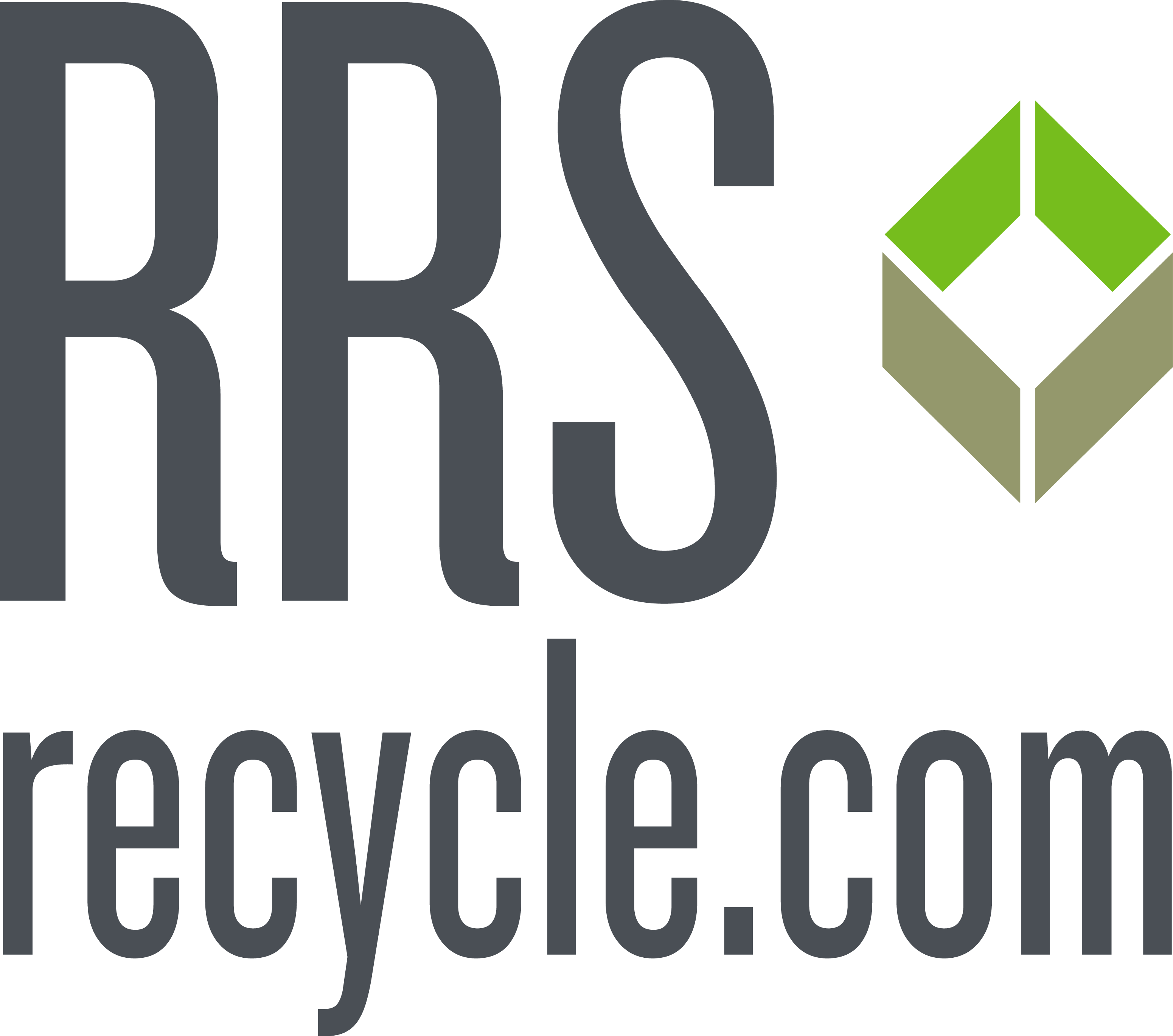March 2019
New & Renewing Advisory Memberships
Renewing Sustaining Member
Renewing Supporting Member
NERC News
- Only Three Weeks Left Until NERC’s Spring Conference!
- Unique Opportunity to Learn About the Use of Recycled Content Materials in Road & Infrastructure Projects - April 9
- Free Webinar! Closing the Loop: From Waste to Wealth & Clean Energy for Sustainable Rural Communities
State Updates
VERMONT
Advisory Member News
- CSWD Annual Report Highlights Progress, Challenges & Opportunities
- Delaware River & Bay Authority Joins Ocean Friendly Restaurant Program
Of General Interest
Membership is key to NERC's regional and national commitment to sustainable materials management. We are pleased to welcome renewing renewing Sustaining Members Bag to Earth and MRM, and renewing Supporting Member the American Coatings Association.
Thank you to all our Advisory Members. To see a complete listing of NERC's Members and Supporters, as well as the benefits of membership, visit the NERC Advisory Membership web page.
The broad spectrum of interests represented by NERC's Advisory Members, Individual Supporters, and Board Members and their willingness to participate significantly contribute to the unique and important role that NERC plays in recycling in the region.
For more information, contact Lynn Rubinstein, Executive Director.
Nerc News
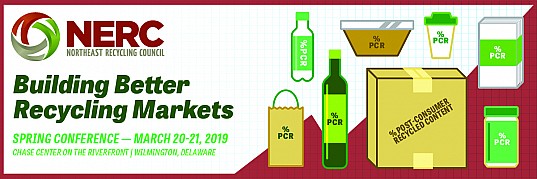
Only Three Weeks Left Until NERC’s Spring Conference!
We are making the final preparations to meet you in Wilmington, Delaware on March 20 – 21 for NERC’s Spring Conference. For this third event in the series about recycling markets, we will close the discussion loop by focusing on building greater domestic demand for post-consumer recycled materials.
The Conference will begin with a jointly-hosted polypropylene roundtable discussion by NERC and the Closed Loop Partners. Stephanie Baker of KW Plastics, Ronald Chislow of Buckeye Polymers, Eadaoin Quinn of EFS Plastics and Chris Coady of The Recycling Partnership will be featured in the discussion. The keynote address by Michael Hoffman of Stifel will follow. Mr. Hoffman will present about where the global and domestic recycling economies are headed.
Following Mr. Hoffman, will be a panel discussion about understanding the material needs of manufacturers with Jordan Tony of More Recycling, Mark Nelson of Strategic Materials, and Johnny Gold of The Gold Group. The first day of the conference will close with a session about how the paper industry is addressing post-consumer recycled content (PCR) with Brian Hawkinson of AF&PA and William Schlenger of Soundview Paper.
The second day will begin with a panel discussion about how the plastics industry is addressing PCR. The panelists for the session are Liz Bedard of the Association of Plastics Recyclers, John Caturano of Nestle Waters, and Nick Jovich of Trigon Plastics. A glass panel discussion will follow to discuss how this industry sector is addressing PCR with Will Sagar of SERDC, Herb Northrop of Aero Aggregates, and Mike Smaha of Owens Illinois.
The Conference will continue with a session about strategies that have increased the demand for PCR with Garth Hickle, an independent consultant; and Cherish Changala Miller of Revolution Plastic. The Conference will close with a facilitated discussion in which all attendees will be invited to share their knowledge and experiences about supporting and promoting the use of PCR, as well as a discussion about the next steps for moving further.
The Conference will be held at the Chase Center on the Riverfront in Wilmington, Delaware on March 20 – 21.
CONFERENCE SPONSORS
PARTNER
GOLD
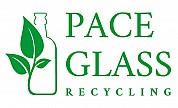
SILVER
BRONZE SPONSORS
Unique Opportunity to Learn About the Use of Recycled Content Materials in Road & Infrastructure Projects - April 9
This unique workshop will discuss examples of recycled materials use in road and infrastructure projects. The workshop will present case studies and lessons learned from experts in the field.
The topics and presenters will be:
- Compost - Jean Bonhotal, Cornell University
- Glass - Anna Roppolo, Rockland Solid Waste Management Authority (NY)
- Shredded tires - Colin Franco, RI Department of Transportation
- Interagency Collaboration & the Use of Asphalt Shingles - James Surwilo, VT Department of Environmental Conservation & Ian Anderson, VT Department of Transportation
The workshop will take place April 9, Hartford, Connecticut, at the Connecticut Department of Energy & Environmental Protection (CT DEEP) Offices.
For more information, contact Lynn Rubinstein, NERC.
Free Webinar! Closing the Loop: From Waste to Wealth & Clean Energy for Sustainable Rural Communities
NERC is partnering with the West Nottingham Academy (WNA) and Kilby Farm in Maryland to offer a free webinar on April 17, from 1:30 - 3 pm (EST).
Located in rural northeastern Maryland, West Nottingham Academy is an international boarding and day school (grades 9-12) with 130 students from 21 countries, nine states, and surrounding counties in Maryland. As a Maryland Association for Environmental and Outdoor Education Certified Sustainable School, WNA engages with regional partners and neighbors in its efforts to be more environmentally sustainable and contribute to building more sustainable and viable communities. These connections open opportunities for educational, volunteer, and service-learning partnerships for students and faculty.
One such partnership is with Kilby Farm and Creamery, one mile from campus. Kilby Farm serves as an outdoor classroom for WNA and accepts WNA food waste to feed their methane digester, generating clean energy and fertilizer for the farm. The school helps to “Close the Loop” by purchasing products from Kilby Farm.
Closing the Loop: From Waste to Wealth and Clean Energy for Sustainable Rural Communities will discuss a range of strategies that can assist farms and rural/small town communities in becoming more environmentally sustainable and viable. Through the application of best management practices for handling livestock manure and diverting food scraps from rural/small town waste streams, farms and communities can “close the loop” and help build markets for locally produced products.
Presenters
- Virginia Kennedy, PhD, WNA’s Director of Sustainability Programs and Curriculum
- Students from WNA’s Environmental Policy and Action Class and Student Environmental Council
- Bill Kilby, Kilby Farm and Creamery
Through a USDA funded grant, Implementing Food Waste, Organics, and Manure Management in Rural Maryland Communities, NERC has been working with WNA to promote and improve its food scrap diversion partnership.
For more information, contact Athena Lee Bradley.
State UpdatesVERMONT
Vermont Releases 2019 Universal Recycling Status Report
Vermont has released it’s second Universal Recycling Status Report covering the results of both the recycling and food scrap diversion policies including diversion data, testimonials from Vermonters, and maps of growing food scrap collection services for 2019.
Advisory Member News
CSWD Annual Report Highlights Progress, Challenges & Opportunities
The Chittenden Solid Waste District (CSWD) Annual Report for Fiscal Year 2018 chronicles a year of reducing and managing the amount and toxicity of Chittenden County's solid waste through a wide variety of programs and facilities. Notable trends from FY18 include:
Green Mountain Compost, a program of CSWD, continued to provide a local outlet for mandated food scrap diversion from the landfill. The volume of food scraps processed reached 5,876 tons, a new high. This is an increase of 14% over FY17, and 169% since FY11 when the facility opened.
The Environmental Depot, CSWD's year-round hazardous waste collection facility, saw a 19% increase in the amount of hazardous waste and paint brought by residents and businesses for responsible management.
The CSWD Materials Recovery Facility (MRF) felt the effects of global market turmoil, with the weighted average sale price of recyclables dropping 19% from the previous year's average. This gave new urgency to the need for more flexibility and sorting technology to meet market demand, and triggered an increase in the per-ton fee charged to haulers at the MRF for blue-bin recyclables. 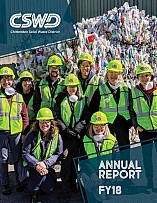
CSWD supported member communities with more than $35,000 in grant funding and other financial assistance, and more than 7,000 recycling and food scrap collection bins for no charge to recipients.
The District's research and development efforts targeted recycling markets for hard-to-recycle products and packaging, waste disposal trends, and more efficient curbside collection models for food scraps, recyclables and trash.
More information is available in the full FY18 Annual Report on www.cswd.net.
Delaware River & Bay Authority Joins Ocean Friendly Restaurant Program
The Cape May Lewes Ferry (CMLF) is owned and operated by the Delaware River & Bay Authority (DRBA), a bi-state governmental agency and advisory member of NERC. The Ferry is open year-round and has carried more than 45 million passengers since its inception on July 1, 1964. In 2017, the ferry service, which connects Victorian Cape May, New Jersey, and historic Lewes, Delaware, transported approximately 275,000 vehicles and nearly 1 million passengers. Servicing the Ferries; CMLF food & retail service comprises of 2 restaurants / catering facilities and 3 vessels offering full service restaurant service land-side while the vessels offer full bar and “Grab and Go” services. In January 2019, through efforts to lead by action; DRBA CMLF joined Surfrider Foundation’s Ocean Friendly Restaurant Program to demonstrate the organization’s environmental sustainability and plastic-free ocean and beaches commitment.
Ocean Friendly Restaurants commit to: No expanded polystyrene foam use (aka Styrofoam), Proper recycling practices are followed, No plastic bags offered for takeout orders, Plastic straws are provided only upon request, No beverages sold in plastic bottles, Discount offered for customers with reusable cup, mug, Water Conservation efforts such as low flow faucets and toilets, and Energy efficiency efforts such as LED lighting and Energy Star appliances. DRBA CMLF has met Ocean Friendly Restaurants Program required criteria and commits to continuously improve upon environmentally sound restaurant practices in 2019.
Reduce Your Contamination Rates
MSW Consultants has spent the past year developing its WasteInsight™ online data management platform for accumulating a wide range of waste industry market data. WasteInsight™ serves as a repository for municipal waste management program benchmark data, municipal service contracts, and can be modified to capture virtually any waste and recycling industry market and technical data. It is available to all MSW Consultants clients via their web browser, through a user identification and password login.
WasteInsight™ also provides user-friendly, organized access to material stream characterization data, including sample weights and photographs, and also allows clients to generate and download composition results filtered by location, date, material stream, and other attributes through the GAP System.
The Grading and Purity (GAP) System is the recycling Industry’s most innovative and effective program to provide you and your upstream and downstream material supply partners with the ability to compile and analyze the data needed to improve material quality at every step of the recycling process. The process flow is depicted below, from the point of material audit characterization input to cloud-based analytical output.
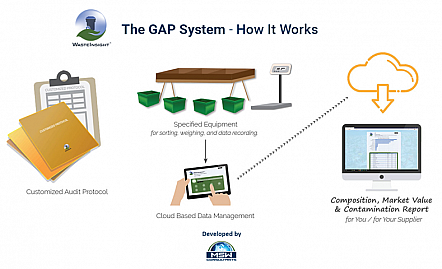 Of General Interest
Of General Interest
Let the Decluttering Process Begin
My wife and I are in the process of decluttering our home. It’s time. We’ve lived in our house for 33 years. We figure we should do the decluttering. It’s our stuff; we can deal with it.
We are not hoarders, but we are accumulators. We don’t have piles of stuff, but we do have stuff. We are moving slowly, but steadily, with a goal of finishing this summer. We are sorting out things we simply don’t need anymore. After all, if it has been in a box in the basement or attic for a decade, do we really need it? Perhaps someone else can actually use it. Our emphasis is on donating everything that is usable, recycling what we can and disposing what is left.
The decluttering began in the basement. It was a good place to start. The back room had a lot of old paint cans and other stuff. The front room was littered with boxes. I knew we could make quick progress. We’re already enjoying the wide-open spaces that we created.
I’m becoming a regular at the county transfer station. The paint cans, antifreeze and used oil went to its household hazardous waste drop-off. A large old television and some old computers will go to the electronics drop-off. Scrap metal has been dropped off. And yes, I’ve also dumped trash.
Some of our stuff is hard to throw away: our daughter’s sixth-grade report card, souvenirs from trips, family mementoes. They bring back so many happy memories. Yet, we are beginning to understand the necessity of letting go. I love books, but why should my books sit on a shelf for two or three decades when they could be enjoyed by others? The neighborhood Little Libraries and the Friends of the Library bookstore give them that chance.
I’m also becoming a regular at the local thrift shop. They’ll take just about anything as long as it is, as they say, gently used. I find them particularly good for old clothes, small furniture, utensils and kitchenware. But thrift stores don’t keep their stock forever. Items that aren’t bought within a month or two are usually sold to a company that specializes in secondhand products.
I had the opportunity to visit the warehouse of one of those companies last year. The visit was in preparation for a speech I was giving at the Textile Recycling Association’s annual meeting. I wanted to have a better understanding of their industry. It was the most fascinating recycling facility tour I have ever had. Virtually everything that went into the building was processed and sold: shoes, clothes, electronics, old games, appliances, household goods. You name it, they had a market for it. I even saw a box full of beer glasses, each wrapped in paper for protection, that would be shipped overseas for reuse.
Granted, reuse is just a delay on the way to recycling or disposal. But let’s make the most of those opportunities. Local governments can be effective promoting reuse options for those of us looking for an alternative to throwing things away.
We’ve learned that decluttering is a liberating process. We have found stuff we forgot we had such as an ice cream maker, an espresso machine, pots and pans. They were all put in the basement for one reason or another and now will be given away. We found a letter my older brother sent when he went off to college. I don’t think he will be embarrassed when he reads what his 18-year-old self had to say. We found more of my son’s lacrosse equipment. We thought we had given it all away, but this is the perfect time of year to donate it to his old high school team.
I’m not appalled by all that we accumulated. I believe our species is hardwired to want stuff and to keep it. Life was not easy for most of the time we have been on this planet. Goods were not common. Things had value. Some older cultures even valued burying possessions with the dead so they could enjoy them in the afterlife. The main beneficiaries, however, were archaeologists and grave robbers who found a more practical use.
We are far from finished. We won’t even attempt the attic—that black hole of stuff—until the spring when the weather is warmer. But it, too, shall be decluttered. Not emptied, just downsized. And then, I suspect, we might start over again. Taking a harder look at what we kept and really don’t need.
Chaz Miller is a longtime veteran of the waste and recycling industry and Ex Officio member of the NERC Board of Directors. He can be reached at chazmiller9@gmail.com.















































